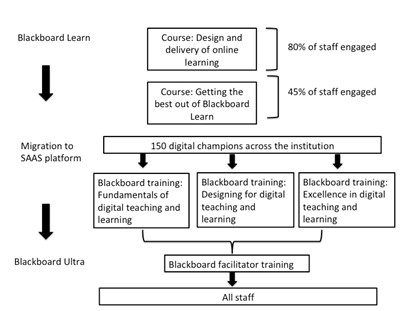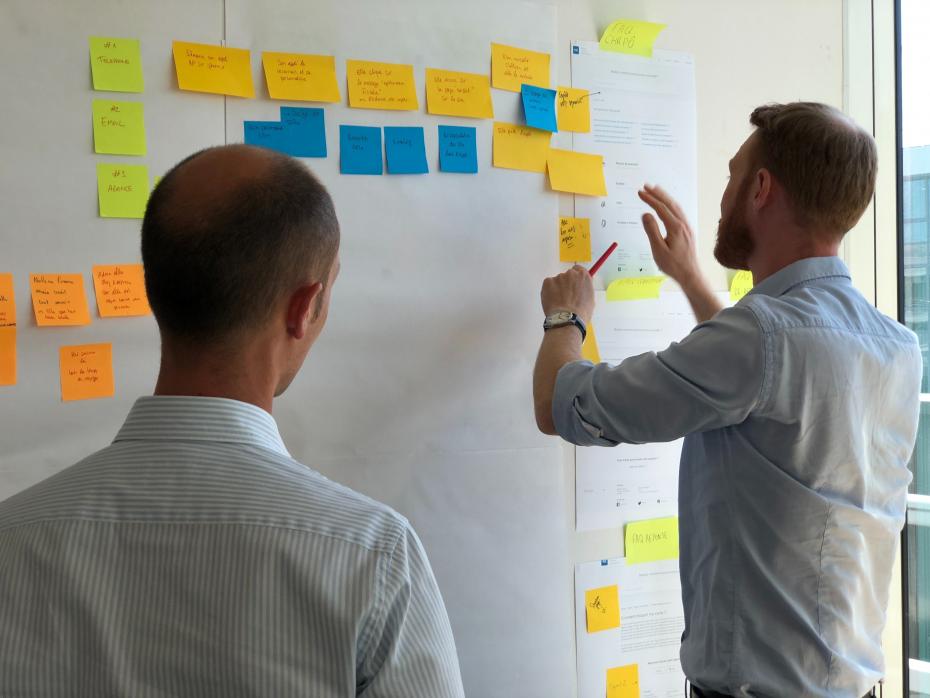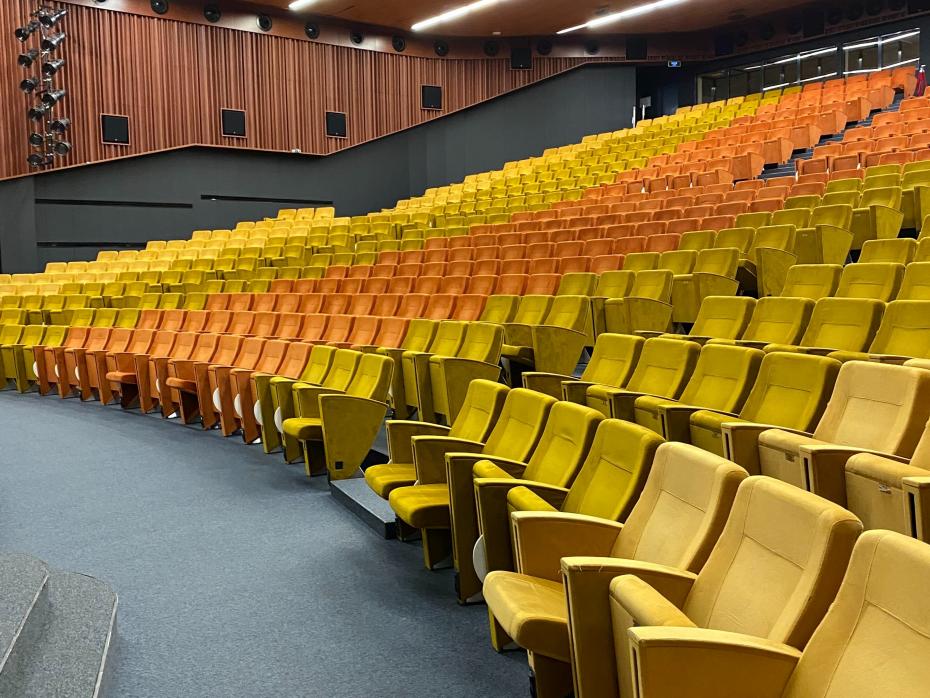Prior to the Covid-19 crisis, blended learning was well established at the University of East Anglia (UEA), with pockets of excellent practice within our four faculties.
We had just launched the pilot programme for an institutional lecture capture system when the UK’s first national lockdown was implemented in March 2020.
This forced a sudden rapid shift to online learning in all education establishments – including ours.
It affected all aspects of university teaching, from delivery to assessment, with academic staff expected to rapidly acquire the digital skills needed to complete their courses.
UEA decided to start delivering staff training in online teaching through our virtual learning environment, Blackboard, on 13 March as we saw the UK was headed for national lockdown.
Our training, support and online course delivery has evolved dramatically since then and strong peer support networks among our staff have become increasingly important.
We have facilitated the development of these peer support networks through a combination of centralised support and digital champions located within each school who are trained to help individual faculty members enhance online teaching in their specific discipline.
This is a brief description of how we have done it.
Initial training for staff and students
On every module’s Blackboard site, we added a menu tab called “remote teaching”, which contained specific areas for staff and students.
We recommended three tools:
-
Blackboard Collaborate, the virtual classroom, for live synchronous sessions
-
Blackboard discussion boards for asynchronous discussion of topics being learnt
-
ECHO360, our new institutional lecture capture system, for pre-recording material.
The staff area held information about the tools and links to relevant training.
Through our Centre for Technology Enhanced Learning (CTEL), which had a small but highly effective team of learning technologists, we offered staff training in all these tools from 4 March.
Meanwhile, the area for students explained the tools that were being used and gave advice on how to interact with them.
We set up a student engagement report that tracked each student’s engagement with online materials before and after lockdown. The aim was to identify students confronted by personal access issues that had previously been met by their campus facilities in order to provide additional support where necessary.
Peer support for online assessment
At the time of lockdown, the university was migrating towards fully online marking but only 30 per cent of coursework was being marked electronically.
With more than 60,000 items of coursework and exams to be delivered during lockdown we needed to help staff gain confidence and skills to mark.
And with little experience delivering online exams, we also had to move our entire exam timetable online.
Our Blackboard grade journey automatically populated all our required summative submission points for students to submit their work.
We appointed academic “digital marking champions” in each of our four faculties who were able to take their colleagues through a training workshop designed by the CTEL team.
The training workshop was delivered through Blackboard Collaborate, a virtual classroom.
The marking champions were supported by the CTEL team, and regular meetings were scheduled where issues could be raised.
This group was vital in ensuring that coursework was marked, but also essential in the development of workflows for the summer assessment period, when we held online exams at scale for the first time.
Peer support networks for longer term change
As it became clear that Covid-19 would affect the 2020/21 academic year, we needed a more considered approach to the design and delivery of blended learning. Students would rightly be expecting more from their online experience in the 2020/ 21 academic year.
To help staff prepare, we wrote a self-paced course and built it using training app provider Articulate and made available on the support tab of Blackboard. More than 80 per cent of staff completed the course.
CTEL offered weekly training sessions on our main software, and our Centre for Staff Education and Development offered weekly “digital sandpits” – brainstorming sessions run through Blackboard Collaborate designed to share good practice.
However, we recognised that design and delivery of a highly blended learning experience would be discipline-specific.
We kept in touch with our network of 150 digital champions across the institution via Microsoft teams.
They rapidly formed support groups within their schools, ensuring that staff knew where to turn for help.
We established a high-level steering group which could work through specific issues that arose for particular subject areas, such as showing film for media students.
We provided further training for our digital champions, offering them the opportunity to register for up to three staff development courses offered by Blackboard.
The institution invested further in Blackboard as our virtual learning environment, and over the summer of 2020 we migrated to cloud storage and software as a service, which means that we benefit from immediate upgrades to Blackboard. Our intent is to offer staff the choice of using Blackboard Ultra view for their modules and to deliver a fully mobile-responsive and more modern-looking virtual learning environment for the 2021/22 academic year.
This flow chart shows the design of training and support for staff in the planning and delivery of online learning to support the future use of Blackboard Ultra.

Our digital champions were enrolled on three courses offered through Blackboard.
Those champions who completed these courses could then go through further training to become facilitators of the Blackboard course content “Designing for digital teaching and learning”, which specially trains staff on the use of Blackboard Ultra.
This will enable us to cascade training down to all staff who want to use the Ultra view for the 2021/22 academic year.
We recognised that while we had been using Blackboard for more than 15 years, there was still functionality within Blackboard learn that could be used to greater effect for student engagement.
To address this, we designed a “Getting the best out of Blackboard Learn” course. We complemented this with a “Preparing to learn” student course, which we rolled out to our returning students over the summer of 2020 and subsequently to our new students.
The stages of transition
During this digital transition, we have experienced the Kübler-Ross change curve, which describes initial feelings of shock, denial, frustration and depression followed by experiment, decision and integration.
However, after nine months of digital working and delivery, both staff and students are reporting digital fatigue and waning motivation.
Access to new tools can help rekindle enthusiasm for some, but for others, we need to negotiate concerns about further change.
Institutional support and a forum for listening and learning help, as do emergent personal and external networks. Building strong peer support networks, backed by centralised expert teams, will continue to be a vital component of how UEA supports staff with change and development.
We are all looking forward to a rest over the Christmas break, which will allow us to draw breath and begin again with renewed energy in the spring semester.
Kay Yeoman is professor of science communication and Alicia McConnell is head of learning technology at University of East Anglia.




comment